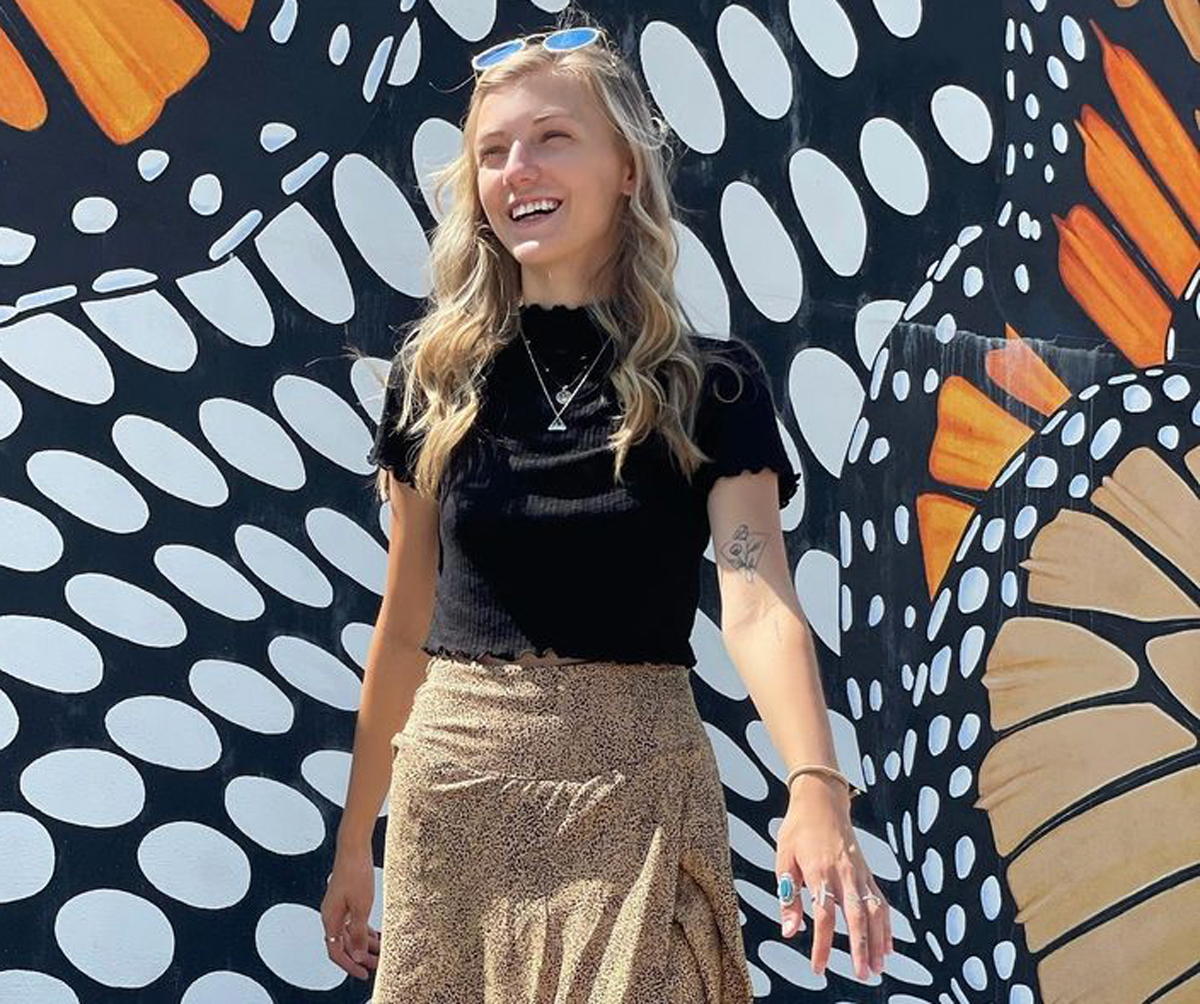#AI-“Assisted” Works Are Now Open to Copyright Protection, Raising Questions for Hollywood

Table of Contents
AI-“Assisted” Works Are Now Open to Copyright Protection, Raising Questions for Hollywood
The U.S. Copyright Office has affirmed that most works generated by artificial intelligence are not copyrightable, while clarifying that AI-assisted material qualifies for protection in certain instances.
In statement of policy issued on Thursday, the office says it’s “well-established” that copyrights can only be issued to works that are the “product of human creativity” and that authors “exclude non-humans.” Still, an application containing AI-generated material can support a copyright claim if a human “selected or arranged” it in a “sufficiently creative way that the resulting work constitutes an original work of authorship.”
As the market for AI booms, the office continues to receive applications that name AI technology as the author or co-author of works. They’ve been rejected, except in one application in which a copyright was granted to comic book Zarya of the Dawn that was created with the help of AI. In that case, AI-generated images were excluded from protection.
In the United States, copyright laws don’t protect works solely created by machines. The office is working through protection for material in which a human contributed to its creation.
Various courts have ruled that copyrights can only be granted to works created by humans. In its leading case on copyright authorship, the Supreme Court held that there was “no doubt” that protection can be extended to photographs as long as “they are representative of original intellectual conceptions of the author.” The justices exclusively referred to such authors as human, describing them as a class of “persons” and a copyright as the “right of a man to the production of his own genius or intellect.”
Federal appeals courts have reached similar conclusions. In a case dealing with a non-human creator of a work seeking copyright protection, the 9th Circuit U.S. Court of Appeals ruled that a book containing words authored by a spiritual being can only qualify if there is a “human selection and arrangement of the revelations.” It concluded that there must be “some element of human creativity” since copyright laws are only intended to protect works created by humans.
In another case, the 9th Circuit suggested a photo a monkey captured isn’t copyrightable since animals don’t qualify for protection, though the suit was decided on other grounds.
In the office’s view, courts have used language excluding non-humans in interpreting Congress’ power to protect works. The existing registration guidance, it says, “has long required that works be the product of human authorship.” It points to the compendium on office practices, which states that “works produced by a machine or mere mechanical process that operates randomly or automatically without any creative input or intervention from a human author” won’t be registered.
“Based on the Office’s understanding of the generative AI technologies currently available, users do not exercise ultimate creative control over how such systems interpret prompts and generate material,” reads the guidance. “Instead, these prompts function more like instructions to a commissioned artist—they identify what the prompter wishes to have depicted, but the machine determines how those instructions are implemented in its output.”
That’s not to say works containing AI-generated material won’t be considered for protection, according to the office. It said the determining factor is the extent to which a human had “creative control over the work’s expression and actually formed the traditional elements of authorship.” An artist, for example, could modify material originally generated by AI to such a degree that it meets the standard for protection. In these cases, only the human-authored aspects of the work will be granted a copyright.
IP lawyer Jessica McDonald of Neer McD, who counts AI art generator Midjourney as a client, notes the office’s guidance tracks with precedent on the issue.
“It’s still very much determined on a case-by-case basis,” McDonald says. “There’s quite a spectrum of how much input a user is having in the creative process and how much the AI tech is used as a tool versus the one really interpreting and generating the materials.
Stephen Thaler, the CEO of neural network firm Imagination Engines, has led the push for protection of works created by AI. In 2018, he listed an AI system, the Creativity Machine, as the creator of an artwork called A Recent Entrance to Paradise, while listing himself as the owner of the copyright under the work-for-hire doctrine. He sued after the office denied the registration on the basis that “the nexus between the human mind and creative expression” is a crucial element of protection.
Ryan Meyer, an IP lawyer at Dorsey & Whitney, says that “applicants who use AI as part of their creative process should realize that their registration might be restricted to the parts of the work authored solely by a human.”
“For elements of the work created using AI-assistance, the applicant should explain how the human author, not the AI, exercised the traditional elements of authorship, such as expression, selection, and arrangement,” he adds.
From April to May, the office will host public listening sessions with artists, AI developers and lawyers, among others. It also plans to publish a notice of inquiry soliciting public comments on a wide range of issues arising from the use of AI.
If you liked the article, do not forget to share it with your friends. Follow us on Google News too, click on the star and choose us from your favorites.
For forums sites go to Forum.BuradaBiliyorum.Com
If you want to read more Like this articles, you can visit our Social Media category.




